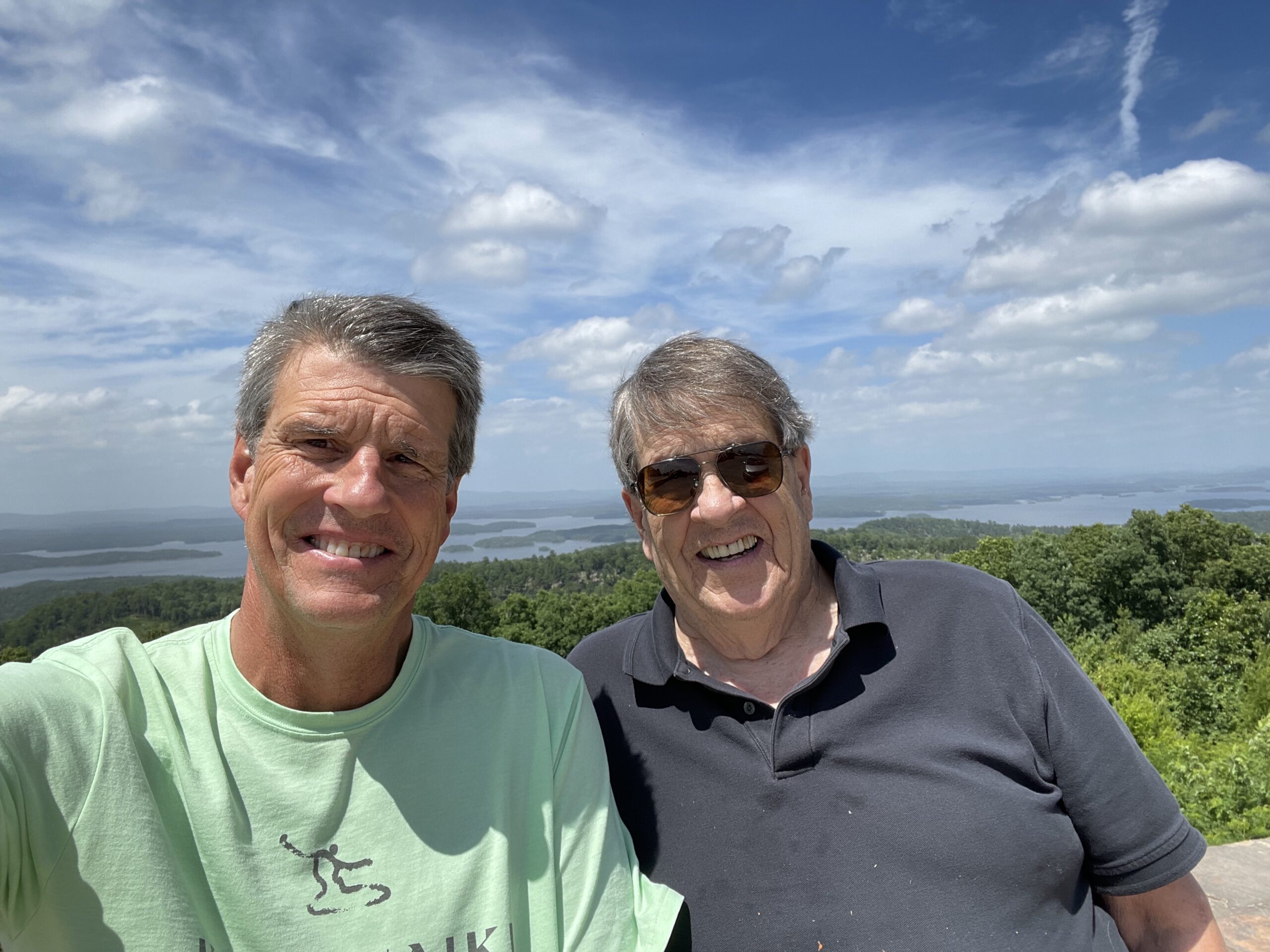
Hot, Humid, and Home
June 16, 2022
Who says you can’t go home? Jon Bon Jovi sang it, but only as a way to prove that you can. What a fascinating career Bon Jovi had – A Rock and Roll Hall of Famer, actor (he had a great role on The West Wing), and the first rock artist to ever top the […]
Arkansas / Bon Jovi / Darius Rucker / family dinner / Home / Parents / Waynes' World

Family, Friends, Community
May 14, 2022
Thanks to all of you who read my last post on my son Sean. I keep track of how many people open each of my weekly posts, and the readership about Sean crushed everything else I’ve ever written. Your comments and emails were powerful and comforting. As good as it felt to write about it, […]
Blue Zones / Dan Buettner / family dinner / Sean Matthews

